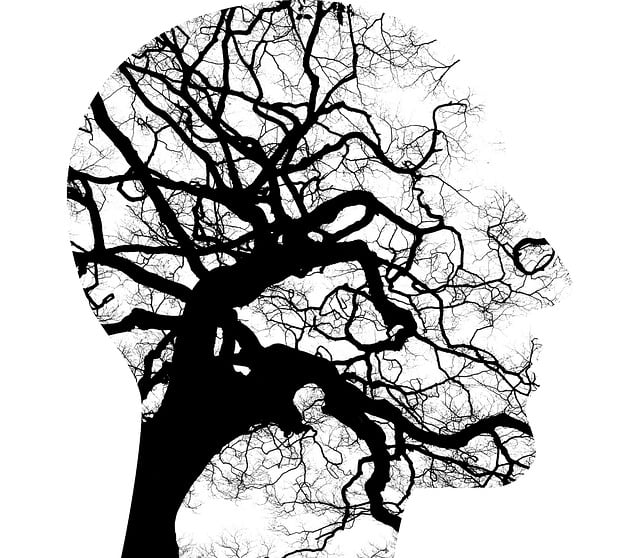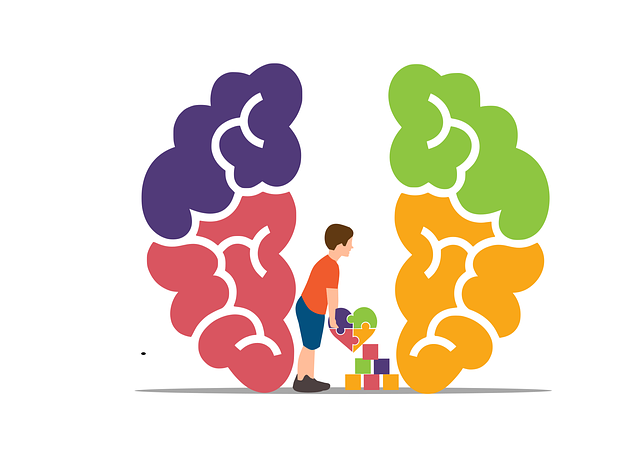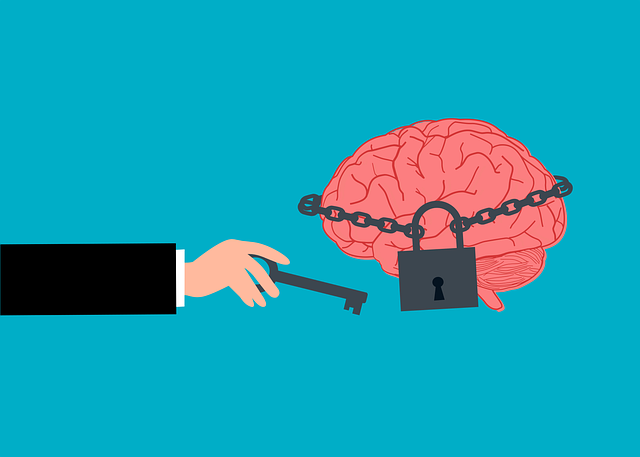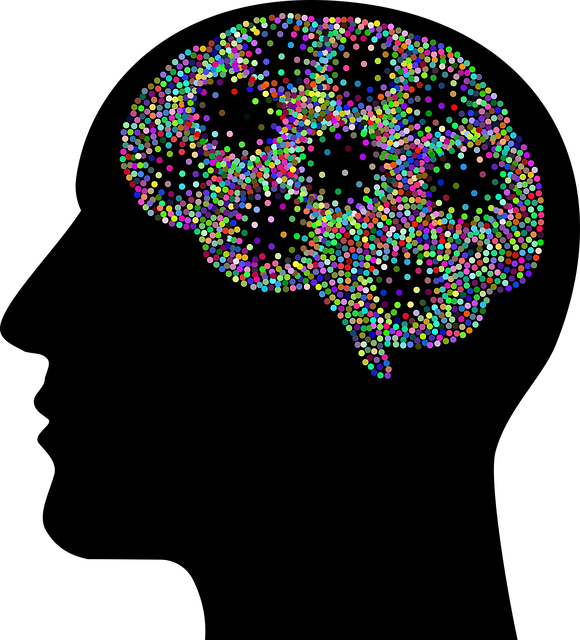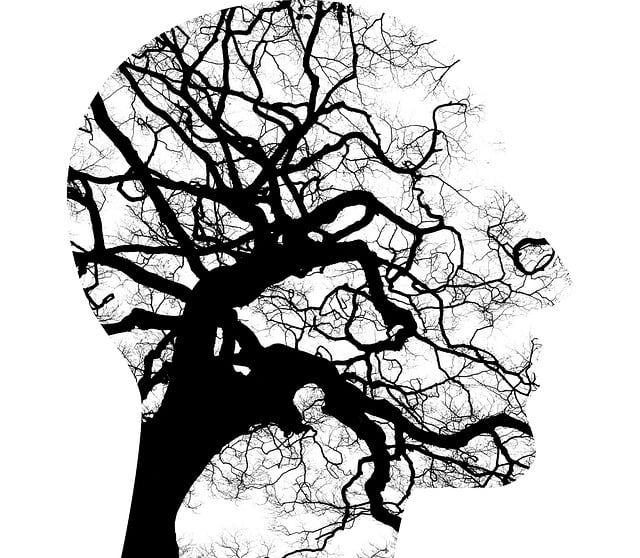Mindfulness meditation is a core practice at Centennial Eating Disorders Therapy, promoting present-moment awareness and non-judgmental observation of thoughts and sensations. Effective in reducing anxiety and depression, it enhances overall well-being crucial for eating disorder recovery. Regular practice fosters body connection, and healthcare provider training incorporates mindfulness for diverse patient populations. Creating a dedicated meditation space supports emotional balance and mental clarity, while breathing awareness techniques calm the mind and reduce stress. Mindfulness also aids in managing thought patterns, boosting confidence, and improving daily life interactions. Integrating mindfulness into routines, including mindful eating and self-care, empowers individuals to proactively manage their mental health through holistic practices at Centennial Eating Disorders Therapy.
“Discover the transformative power of mindfulness meditation with our comprehensive guide, designed to support those navigating centennial eating disorders. This practice offers a holistic approach to healing and self-care. From establishing a dedicated space for meditation to exploring breathing techniques and thought pattern awareness, each section provides valuable insights. Learn how to integrate mindfulness into daily life, fostering balance and promoting recovery. Embrace a journey of self-discovery and explore the potential of Centennial Eating Disorders Therapy enhanced by mindfulness meditation.”
- Understanding Mindfulness Meditation: A Foundation for Centennial Eating Disorders Therapy
- Preparing Your Space: Creating a Sanctuary for Meditation Practice
- The Art of Breathing: Techniques to Cultivate Awareness and Focus
- Navigating Thought Patterns: Strategies for Mindful Observation and Letting Go
- Integrating Mindfulness into Daily Life: Sustaining Balance and Healing
Understanding Mindfulness Meditation: A Foundation for Centennial Eating Disorders Therapy

Mindfulness meditation is a practice that cultivates present-moment awareness and non-judgmental observation of thoughts, feelings, and bodily sensations. It serves as a foundational practice in Centennial Eating Disorders Therapy, offering a gentle and compassionate approach to healing. By encouraging individuals to observe their inner experiences without attachment or judgment, mindfulness meditation promotes a deeper understanding of emotional triggers and subconscious patterns related to eating disorders.
This ancient practice has gained prominence in modern mental health care due to its effectiveness in reducing symptoms of anxiety, depression (Depression Prevention), and enhancing overall well-being. Through regular practice, individuals can develop inner strength (Inner Strength Development) and a deeper connection with their bodies, which is crucial for overcoming eating disorders. Additionally, healthcare provider cultural competency training often incorporates mindfulness techniques to ensure sensitive and effective treatment, catering to diverse patient populations.
Preparing Your Space: Creating a Sanctuary for Meditation Practice

Creating a dedicated space for your mindfulness meditation practice is akin to setting up a sanctuary—a haven where you can retreat to nurture your mental health and well-being. This could be a quiet corner in your home, free from distractions and clutter. Consider decorating it with soothing elements like soft lighting, fresh flowers, or nature-inspired art to evoke a sense of calm and tranquility. A clean and organized environment facilitates a clear mind, making it easier to focus during meditation.
At the heart of this preparation lies the intention to promote emotional well-being and mental clarity. Just as Centennial Eating Disorders Therapy focuses on holistic healing, your meditation space should be designed with the same mindset. Ensure it’s a place where you feel safe, comfortable, and empowered. This sanctuary will become your go-to retreat for stress relief, confidence-boosting moments, and enhancing your overall Mental Health Awareness—all achievable through consistent mindfulness practice.
The Art of Breathing: Techniques to Cultivate Awareness and Focus

Breathing is a powerful tool for cultivating mindfulness and focusing your mind. In the practice of mindfulness meditation, paying attention to your breath helps to anchor you in the present moment. Start by finding a comfortable seated position and closing your eyes. Take a few deep breaths, inhaling slowly through your nose and exhaling steadily through your mouth. Focus on the sensation of air filling your lungs and then leaving them. Notice any distractions that arise, but gently bring your attention back to your breath.
This simple yet effective technique is a cornerstone in mindfulness practices, often used as a foundation for emotional healing processes. By regulating your breath, you can calm your mind, reduce stress, and improve your overall mental wellness. Even incorporating just a few minutes of mindful breathing into your daily routine, perhaps with the guidance of a Mental Wellness Journaling Exercise, can contribute to a sense of balance and clarity. This ancient art of breathing awareness is an accessible way to begin your mindfulness meditation journey, laying the groundwork for deeper practices and fostering a path towards improved mental health, as supported by Centennial Eating Disorders Therapy.
Navigating Thought Patterns: Strategies for Mindful Observation and Letting Go

Navigating our inner landscape can be a complex journey, especially when it comes to understanding and managing thought patterns. Mindfulness meditation offers a powerful tool for observing these thoughts without judgment. During practice, one might notice that their mind frequently wanders—this is normal. The key is to gently bring your focus back to the present moment, noticing but not getting caught up in the narrative of each passing thought.
By cultivating mindfulness, you can develop a deeper awareness of recurring thoughts and emotional patterns. This heightened consciousness allows for more effective crisis intervention guidance and mood management. For individuals struggling with issues like eating disorders, this practice can be a game-changer. It empowers them to detach from negative thought cycles, fostering a sense of perspective and empowering them to make healthier choices. Additionally, the confidence-boosting benefits of mindfulness extend beyond meditation, positively influencing daily life and interactions.
Integrating Mindfulness into Daily Life: Sustaining Balance and Healing

Integrating mindfulness into daily life is a powerful tool for maintaining balance and fostering healing, especially for those navigating mental health challenges like eating disorders. Beyond formal meditation practices, mindfulness can be incorporated into everyday activities such as Centennial Eating Disorders Therapy sessions, where therapists guide clients in mindful eating—a practice that encourages awareness of physical hunger cues, savoring food, and recognizing satiety signals. This approach not only aids in recovery but also promotes a healthier relationship with food and one’s body.
For sustained mental well-being, developing a robust self-care routine is essential. Mindfulness practices play a significant role in this regard, helping individuals manage stress, prevent depression, and make conscious decisions about their health. By integrating mindfulness into their daily lives—whether through meditation, mindful movement, or simply taking moments to breathe and observe one’s thoughts—people can enhance their resilience and engage in effective risk management planning for mental health professionals. This holistic approach ensures that mental health is prioritized, fostering a sense of balance and healing.
Mindfulness meditation, as explored in this guide, offers a powerful tool for managing and preventing eating disorders. By understanding the fundamentals of mindfulness, preparing a calming space, focusing on breath, observing thoughts without judgment, and integrating these practices into daily life, individuals can cultivate balance, healing, and long-term mental well-being. This holistic approach, inspired by Centennial Eating Disorders Therapy principles, empowers folks to embrace a mindful journey towards recovery and sustained mental health.
